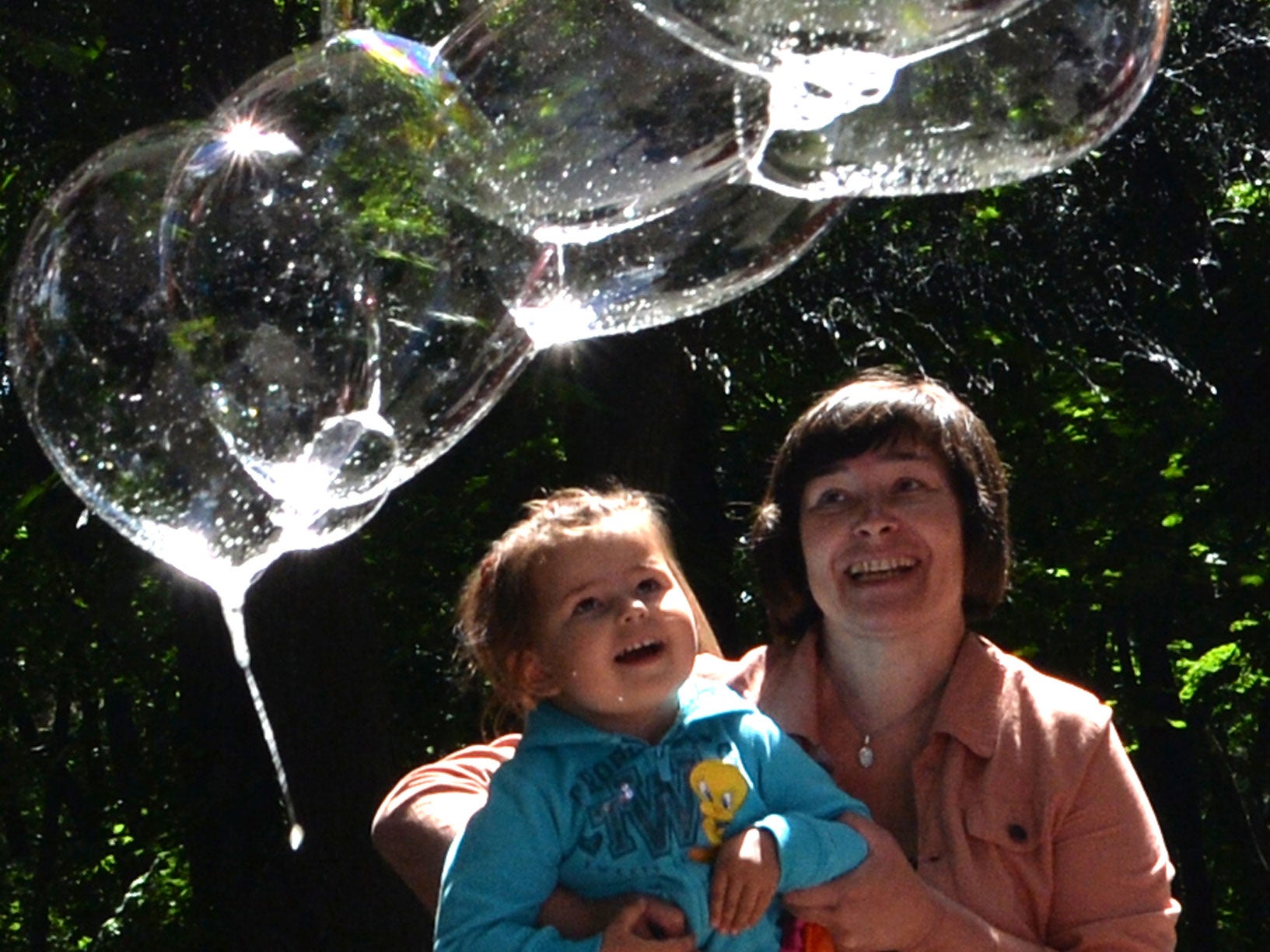As a woman on the autistic spectrum, my diagnosis was delayed because of gender stereotypes
Often I felt that if my daughter had picked up a chair and hurled it across the classroom, she’d have been diagnosed more quickly. This isn’t true acceptance of neurodiversity


Your support helps us to tell the story
From reproductive rights to climate change to Big Tech, The Independent is on the ground when the story is developing. Whether it's investigating the financials of Elon Musk's pro-Trump PAC or producing our latest documentary, 'The A Word', which shines a light on the American women fighting for reproductive rights, we know how important it is to parse out the facts from the messaging.
At such a critical moment in US history, we need reporters on the ground. Your donation allows us to keep sending journalists to speak to both sides of the story.
The Independent is trusted by Americans across the entire political spectrum. And unlike many other quality news outlets, we choose not to lock Americans out of our reporting and analysis with paywalls. We believe quality journalism should be available to everyone, paid for by those who can afford it.
Your support makes all the difference.Worldwide there are more than 60 million people on the autistic spectrum and in October 2015, I was able to add myself to that number after an official diagnosis. Importantly, I struggled to be recognised as autistic because the condition is seen as much more classically male – but it’s important to shed a light on the experiences of women with autism.
Autism was actually raised as a potential diagnosis for me a year earlier, but a combination of lengthy waiting lists and the less obvious symptoms that men often present wit, took me down a more complicated path to diagnosis. This ended up being the same for my daughter.
Simply put, it’s “easier” to be diagnosed with autism if you’re male.
After I revealed my diagnosis, I heard from many women who experienced similar incredulity. Being told that you can’t be autistic because “You’re in a relationship”, “You wear make-up”, “You have children”, or “You are creative” led me to start the hashtag #SheCantBeAutistic addressing the commonest misconceptions about girls and women on the autistic spectrum.
Many of the women who got involved expressed relief at the fact that this bias was finally being brought to life.
I take particular exception to the idea that autistic people can’t be creative, considering my daughter Lizzy Clark was the first actor with autism to play a character with the condition in Dustbin Baby for the BBC in 2008.
I remember when Lizzy was going through her diagnostic process. Often I felt that perhaps if she had picked up a chair and hurled it across the classroom, this additional violence coupled with her other symptoms would have led to her being diagnosed more quickly.
I've only had one friend talk to me directly about my diagnosis. Oddly, if I'd broken my leg and told people I think they would have been much more comfortable discussing this with me. This hasn't proved to be true online, thankfully.
However, there have been problems in the real world, where so many people I knew became armchair psychiatrists.
Friends, family and work colleagues have been quick to explain to me why my diagnosis is wrong, confused or somehow a manifestation of what I wanted.
But being autistic and diagnosed at 48 was not one of my life goals. It wasn’t a whim, a kink, or a decision. Being autistic is who I am and who I’ve always been and the value of diagnosis has liberated me to express that thought without hesitation or disgrace. A wrinkled brow or wrinkled nose in response to someone volunteering life-changing news, imbued with hope for change, is the domain of the ignorant, the determinedly obtuse or the bigot.
There is no shame in any diagnosis. There is no burden of proof to be carried by anyone being diagnosed. It’s neither a waste of time or of resources. To claim otherwise is a denial of me, my daughters and our rights as neurodiverse people.
My hope for International Women’s Day is to highlight an overlooked aspect of a widely misunderstood condition. Women see inequality, in work, in pay and in life. Health conditions don’t discriminate in determining whose body and brain they will inhabit.
It’s time for women and girls to have equal access to a timely and thorough diagnosis of neurodiverse conditions.
Because for too many women on the autistic spectrum, life with the condition is challenging enough.
Join our commenting forum
Join thought-provoking conversations, follow other Independent readers and see their replies
Comments